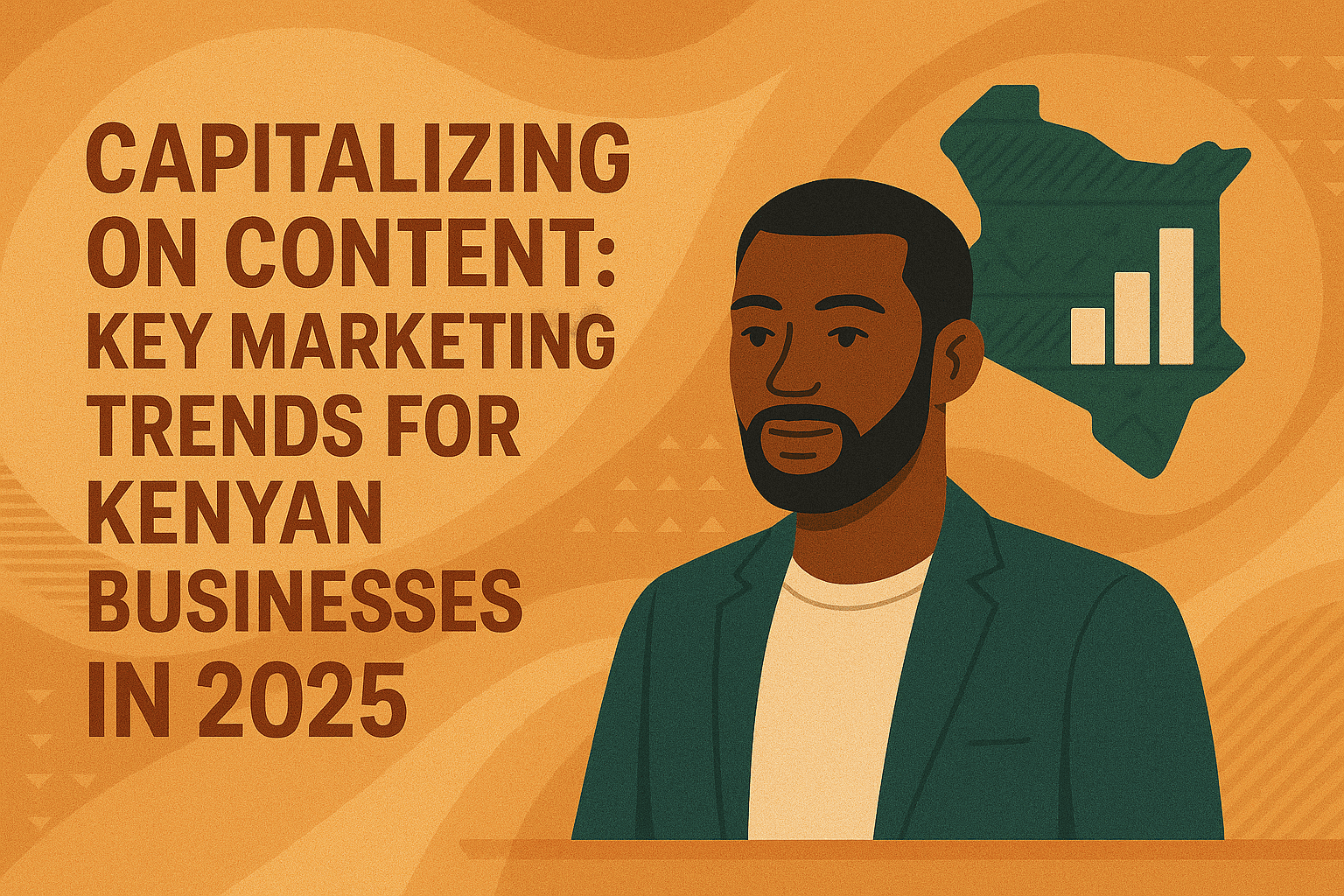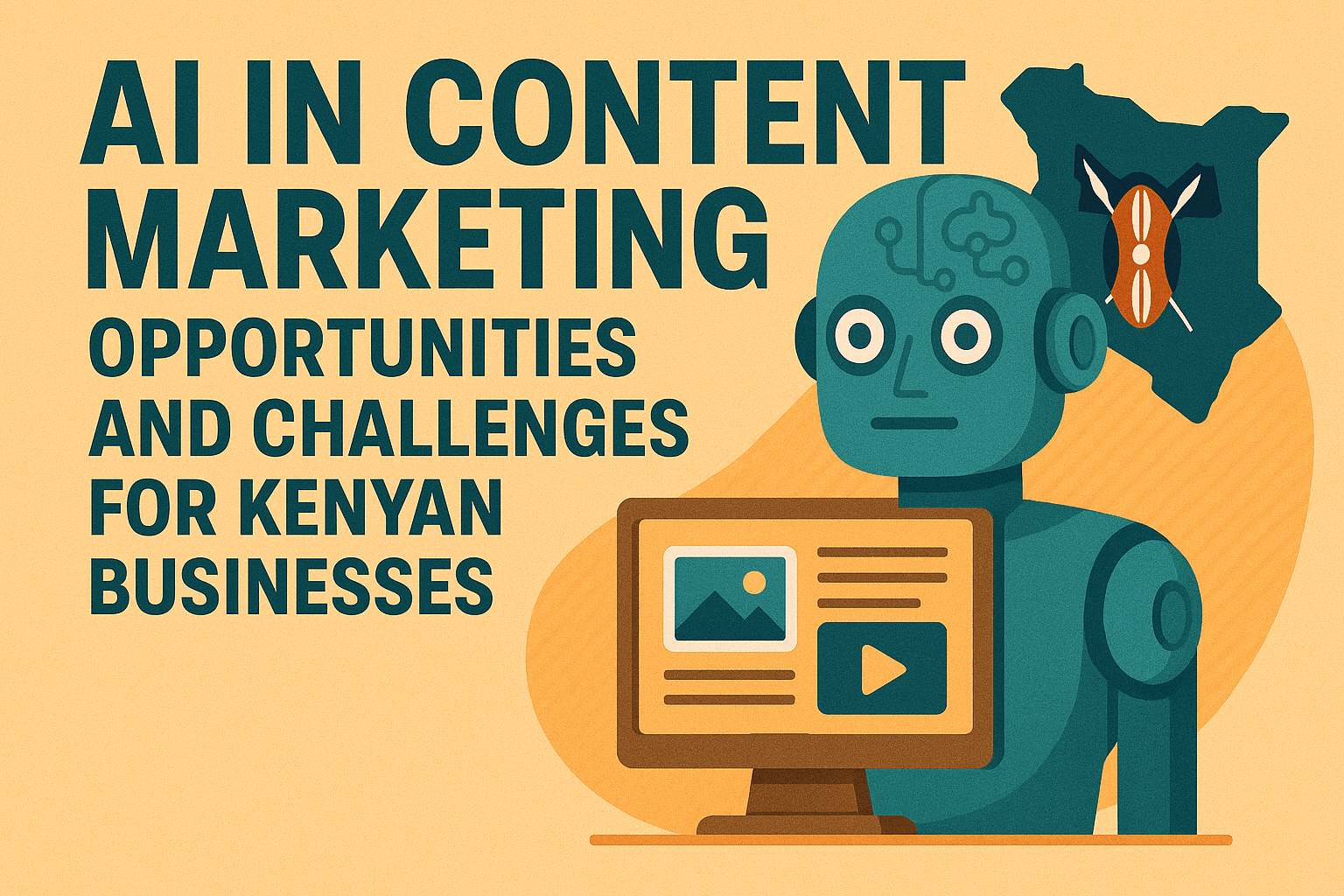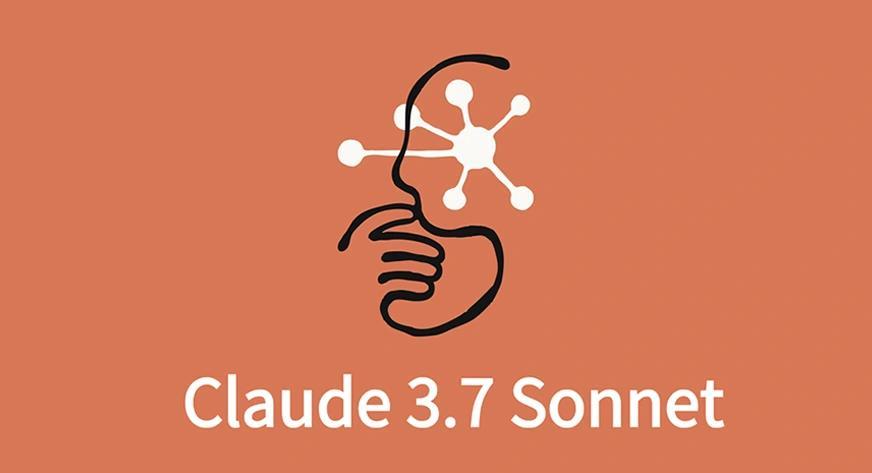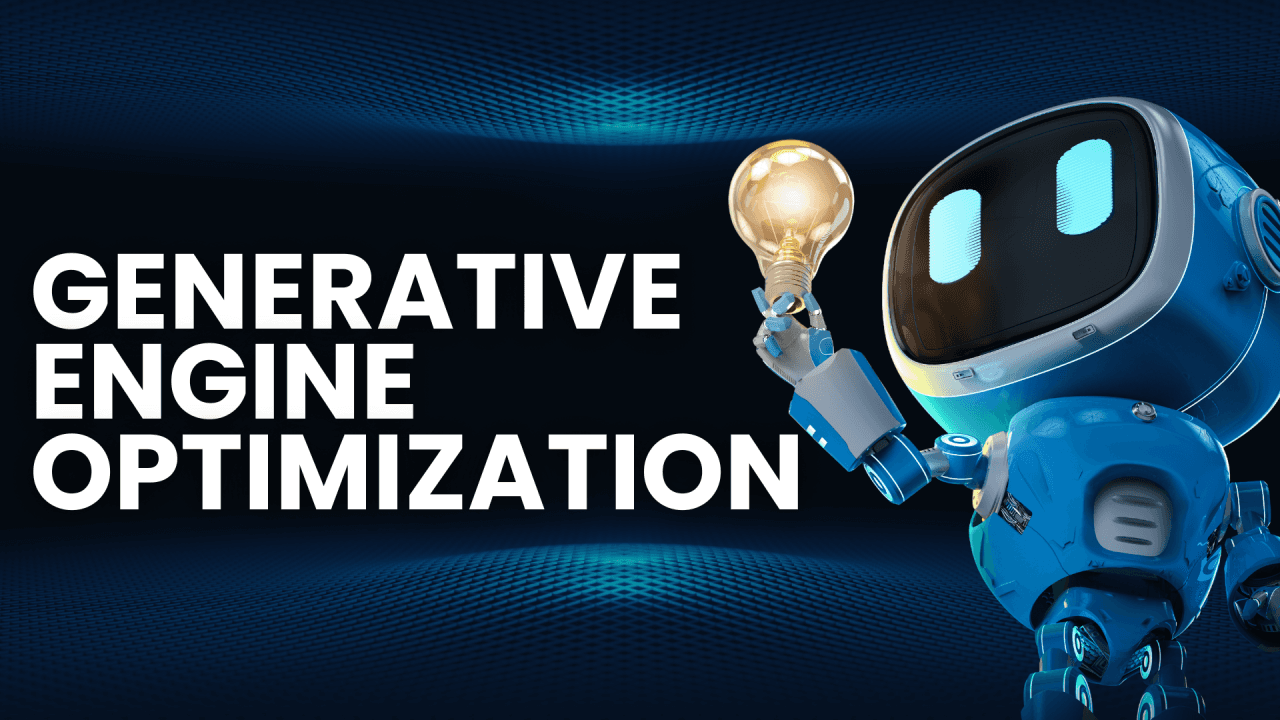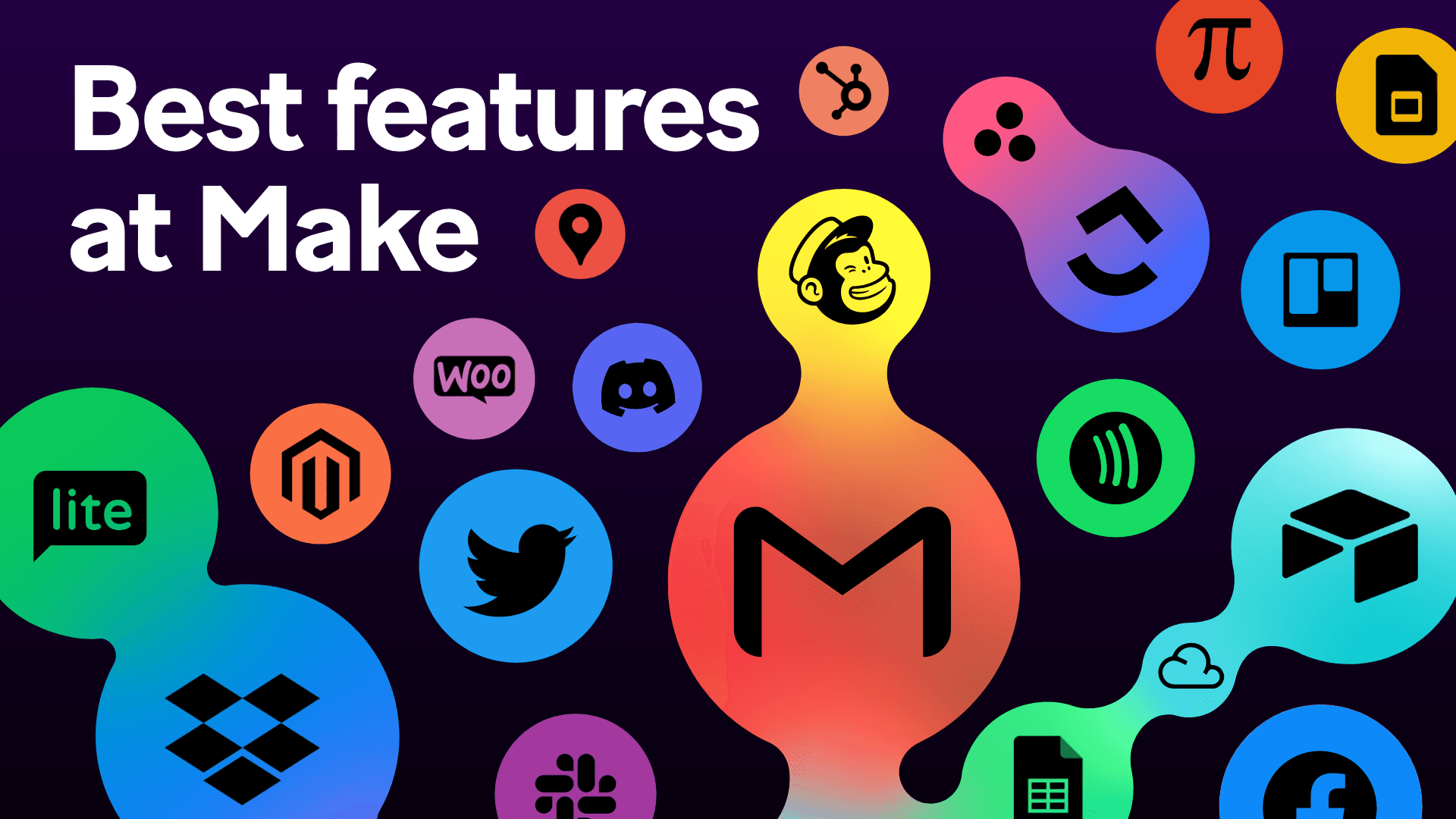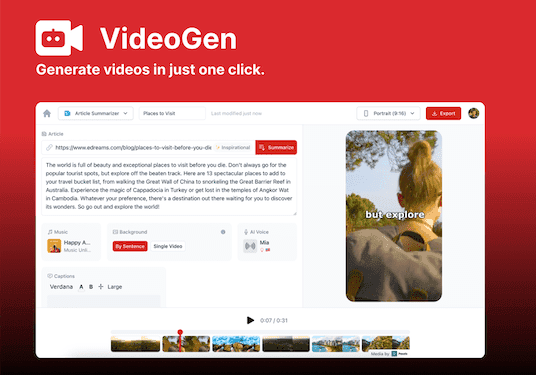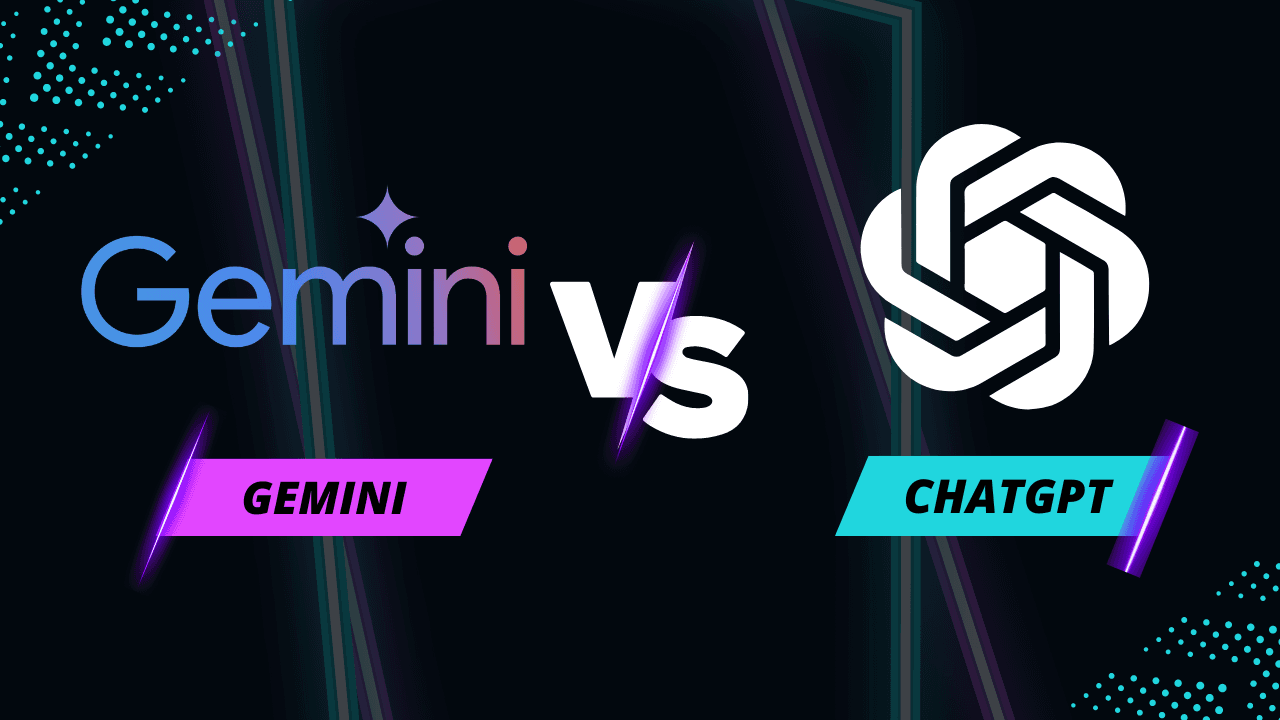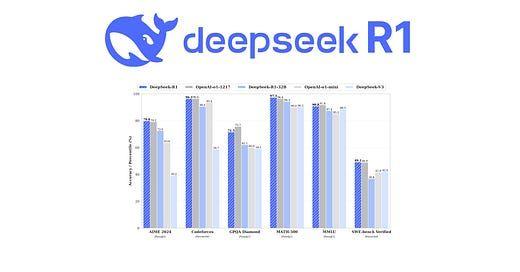
Carolyne Njunge
Shiftpulse Marketers
TL;DR: AI and machine learning are transforming digital marketing by automating campaigns, personalizing content, optimizing SEO, and improving ad targeting. Kenyan businesses can leverage these technologies to gain a competitive edge, enhance customer engagement, and boost efficiency. While adoption is growing, challenges like cost, data quality, and awareness remain key hurdles.
Harnessing AI: Transforming Your Digital Marketing Strategy
Introduction
The digital marketing landscape is rapidly evolving, and staying ahead of the curve is crucial for businesses to thrive in today's competitive market. Artificial intelligence (AI) and machine learning (ML) are not futuristic concepts; they are powerful tools actively transforming how businesses connect with their customers and achieve marketing goals1. This white paper provides insights into the applications of AI and ML in digital marketing, providing practical guidance for Kenyan businesses seeking to leverage these technologies.
Understanding AI and Machine Learning in Marketing
AI in digital marketing involves using intelligent tools to automate, optimize, and analyze marketing campaigns2. These tools can boost efficiency, reduce costs, and provide valuable insights into customer behavior and marketing performance2. ML, a subset of AI, enables computer programs to learn and improve without explicit programming3. Machine learning allows marketers to make data-driven decisions more quickly by analyzing large datasets and identifying patterns, contrasting with the traditional, slower approach of manual hypothesis testing4. By analyzing vast amounts of data, AI and ML algorithms can identify patterns, predict future outcomes, and personalize customer experiences1.
Applications of AI in Digital Marketing
AI is revolutionizing various aspects of digital marketing, including:
- Customer Segmentation: AI algorithms can segment customers into groups with similar interests, needs, or behaviors, allowing marketers to tailor their messaging and target specific audiences with relevant content5. For example, a Kenyan supermarket chain could use AI to segment customers based on their purchase history, identifying groups with preferences for specific product categories (e.g., organic produce, imported goods) and tailoring promotional offers accordingly.
- Content Personalization: AI enables marketers to personalize website content, social media posts, and emails based on user preferences and behavior6. This leads to more engaging and relevant experiences for customers. AI facilitates a shift from general audience targeting to highly personalized individual customer experiences7. For instance, a Kenyan online clothing retailer can use AI to recommend products based on a customer's past browsing history and purchase patterns, increasing the likelihood of conversion.
- Predictive Analytics: By analyzing historical data, AI can predict future outcomes, such as customer churn or purchase probability8. This allows marketers to proactively address potential issues and optimize their campaigns for better results. A Kenyan telecommunications company could use AI to predict which customers are most likely to switch to a competitor based on usage patterns and service interactions, enabling them to offer targeted retention incentives.
- Digital Advertising: AI tools can automate ad bidding, optimize ad targeting, and personalize ad delivery based on individual user information and performance data2. This maximizes return on investment and improves ad campaign effectiveness. AI also optimizes ad spending and automates the bidding process for pay-per-click (PPC) campaigns, further enhancing efficiency7. For example, a Kenyan tourism company can use AI to target ads to specific demographics and interests on social media platforms, ensuring their ads reach the most relevant audience.
- SEO Optimization: AI can automate keyword research, content optimization, and predict SEO trends, helping businesses improve their search engine rankings and drive organic traffic5. A Kenyan real estate agency can leverage AI to identify relevant keywords for their website content and optimize their listings for search engines, increasing their visibility to potential clients.
- Social Media Marketing: AI tools can analyze social media data to provide insights into audience preferences, optimize publication timing, and monitor brand sentiment2. By leveraging AI-powered text analytics tools, digital marketers can also analyze and assess unstructured data—including reviews and social media comments—to provide key insights into customer preferences9. A Kenyan restaurant can use AI to track mentions of their brand on social media, gauge customer sentiment, and respond to reviews, improving their online reputation.
- Behavioral Analysis and Prediction: Machine learning helps marketers analyze user activity patterns on websites to predict future behavior and optimize advertising offers4. This allows businesses to personalize website experiences and target users with relevant content and offers. For example, a Kenyan e-commerce platform can use AI to analyze user browsing behavior and recommend products or promotions based on their interests and past interactions.
- Emotion Recognition: Machine learning can enhance marketing data analysis with emotion recognition10. Marketers can use this technology to assess how consumers respond to advertisements and product recommendations and correlate these emotions to purchasing intentions. A Kenyan bank could use AI to analyze customer facial expressions during video calls to gauge their emotional responses to new product offerings, allowing them to tailor their communication and address concerns effectively.
- AI-Powered Media Buying: AI automates the selection of advertising platforms, replacing the manual selection process traditionally handled by junior media buyers6. This streamlines media buying and optimizes ad placements for better reach and engagement. A Kenyan media agency can use AI to identify the most effective channels for their clients' ad campaigns, considering factors like target audience, budget, and campaign objectives.
Case Studies: AI-Driven Success
Numerous businesses globally have successfully implemented AI in their digital marketing strategies. For instance, Netflix uses AI for both personalized content recommendations and for analyzing viewer reactions, leading to increased user engagement and retention10. Amazon employs AI-powered product recommendations and dynamic pricing to enhance the customer shopping experience and maximize sales. These examples demonstrate the potential of AI to drive significant improvements in marketing performance.
AI Adoption in Kenya: Opportunities and Challenges
While AI adoption in digital marketing is still in its early stages in Kenya, the potential benefits for businesses are immense. AI can help Kenyan businesses:
- Gain a competitive edge: By leveraging AI, businesses can optimize their marketing efforts, personalize customer experiences, and achieve better results than their competitors.
- Improve customer engagement: AI-powered personalization and targeted messaging can lead to increased customer satisfaction and loyalty.
- Increase efficiency and reduce costs: AI can automate various marketing tasks, freeing up resources and reducing operational costs.
However, some challenges need to be addressed:
- Lack of awareness and understanding: Many Kenyan businesses are not yet aware of the potential benefits of AI in marketing or lack the expertise to implement it effectively.
- Data availability and quality: AI algorithms require large amounts of data to function effectively. Accessing and ensuring the quality of data can be a challenge for some businesses.
- Cost of implementation: Implementing AI tools and technologies can require significant investment, which may be a barrier for smaller businesses.
Ethical Considerations
While AI offers tremendous potential, it's crucial to consider the ethical implications of its use in marketing. Businesses must ensure they use AI responsibly and transparently, respecting customer privacy and avoiding discriminatory practices.
Conclusion
AI and ML are transforming the digital marketing landscape, offering businesses powerful tools to enhance their strategies and achieve their goals. By understanding the applications, benefits, and challenges of AI, Kenyan businesses can make informed decisions about adopting these technologies and unlock their full potential. To overcome the challenges of AI adoption in Kenya, businesses can explore partnerships with AI providers, invest in upskilling initiatives for their digital marketing teams, and consider data sharing collaborations with other organizations. As AI continues to evolve, staying informed and adapting to new trends will be crucial for businesses to remain competitive in the digital age.
Workshop/Webinar: Harnessing AI: Transforming Your Digital Marketing Strategy
To further support Kenyan businesses in navigating the AI landscape, Shiftpulse Marketers is hosting a workshop/webinar titled "Harnessing AI: Transforming Your Digital Marketing Strategy." This workshop will provide a comprehensive overview of AI and ML concepts relevant to marketing, practical applications of AI tools, and ethical considerations.
Content Focus:
- Introduction to AI and machine learning concepts relevant to marketing.
- Practical applications of AI tools for customer segmentation, content personalization, and predictive analysis.
- Case studies showcasing successful AI-driven campaigns in Kenya or globally, with insights relevant to the Kenyan market.
- Discussion of the current state of AI adoption in digital marketing in Kenya, including potential benefits and challenges for businesses.
- Ethical considerations and responsible use of AI in marketing.
This workshop will empower Kenyan businesses to make informed decisions about adopting AI in their digital marketing strategies and gain a competitive edge in the evolving digital landscape.
Works cited
1. The Evolution of AI in Digital Marketing: How Machine Learning Has Transformed Customer Engagement Over the Last Decade - Vision Factory, accessed January 23, 2025, https://www.visionfactory.org/post/the-evolution-of-ai-in-digital-marketing-how-machine-learning-has-transformed-customer-engagement-o
2. How To Use AI Digital Marketing (2024) - Shopify, accessed January 23, 2025, https://www.shopify.com/blog/ai-digital-marketing
3. Machine Learning in Marketing: A Complete Guide - Mailchimp, accessed January 23, 2025, https://mailchimp.com/resources/machine-learning-in-marketing-guide/
4. Machine learning use cases in digital marketing in 2025 - OWOX BI, accessed January 23, 2025, https://www.owox.com/blog/articles/machine-learning-in-marketing/
5. AI in Digital Marketing - The Ultimate Guide, accessed January 23, 2025, https://digitalmarketinginstitute.com/blog/ai-in-digital-marketing-the-ultimate-guide
6. AI in Digital Marketing — The Complete Guide - HubSpot Blog, accessed January 23, 2025, https://blog.hubspot.com/marketing/ai-marketing
7. The Role Of AI In Digital Marketing: What You Need To Know - Forbes, accessed January 23, 2025, https://www.forbes.com/councils/forbesbusinesscouncil/2024/06/28/the-role-of-ai-in-digital-marketing-what-you-need-to-know/
8. 10 Ways to Use Machine Learning for Marketing in 2025 - Analytics Vidhya, accessed January 23, 2025, https://www.analyticsvidhya.com/blog/2023/03/machine-learning-for-marketing/
9. How AI is Impacting Digital Marketing - School of Professional Studies at Wake Forest University, accessed January 23, 2025, https://sps.wfu.edu/articles/how-ai-impacts-digital-marketing/
10. Machine Learning in Marketing: Use Cases & Tips - Itransition, accessed January 23, 2025, https://www.itransition.com/machine-learning/marketing
